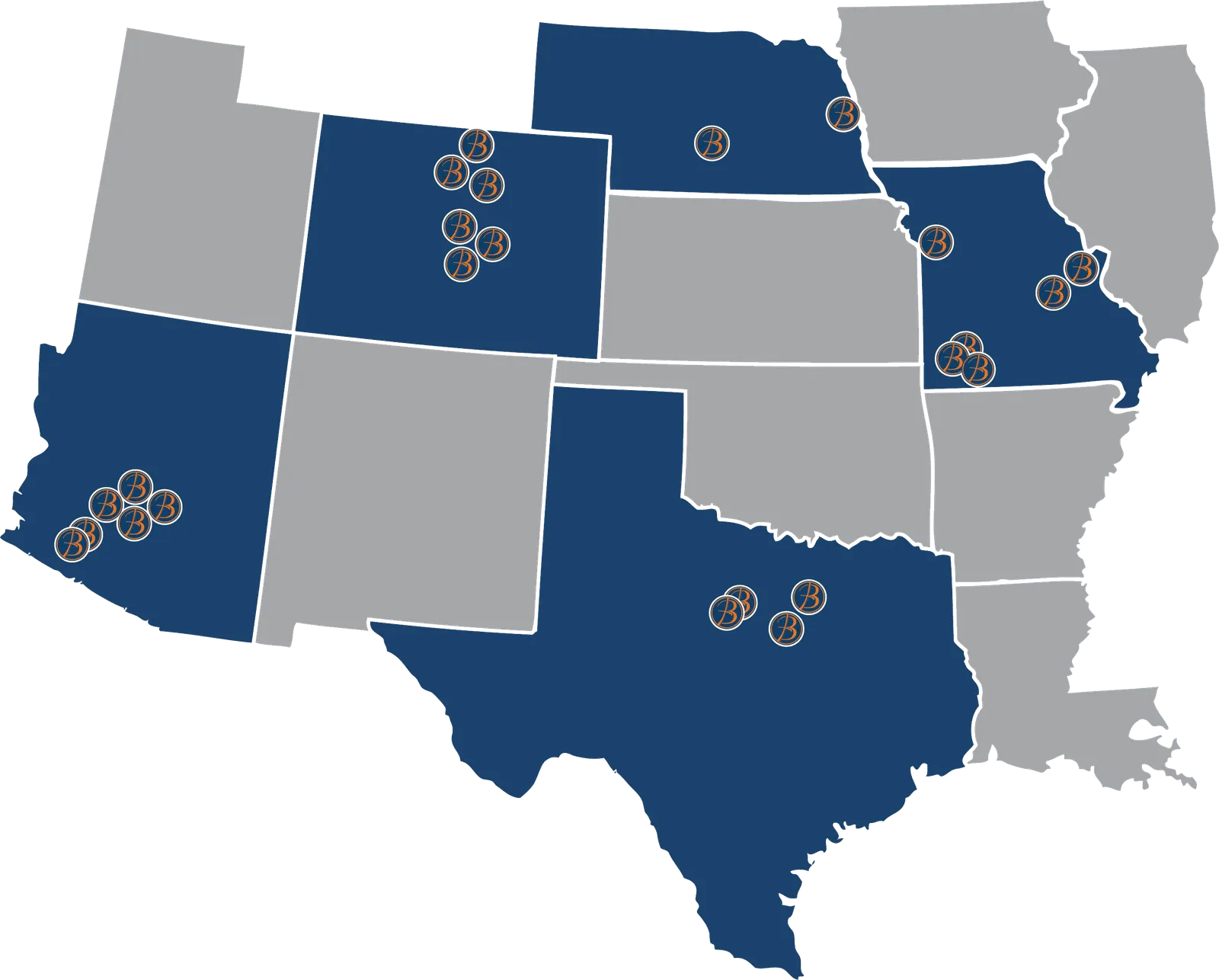As you age, staying hydrated may become more challenging due to natural changes in your body composition. Seniors often feel less thirsty than younger adults and are more likely to take regular medications that cause dehydration.
However, maintaining good hydration is essential for avoiding certain health problems. Signs of dehydration include:
Dehydration increases your risk of developing heart problems, kidney issues and urinary tract infections (UTIs). Feeling exhausted and confused due to dehydration could also make you more likely to fall and injure yourself, so focusing on hydration is crucial for good health.
You've probably heard doctors recommending eight glasses of water per day, but this blanket guideline may not suit every senior. Factors such as your weight, activity level and health status could significantly impact how much you need to drink.
As a rule of thumb, the National Council on Aging (NCOA) recommends dividing your body weight in pounds by three and consuming that number of ounces. Therefore, a 180-pound person should drink around 60 ounces of fluids per day. You may need to drink more than usual during very hot weather or after exercising.
However, certain medications or health conditions can increase or decrease your optimal fluid intake. Your doctor or the Broadmoor Court health care team can advise you on how much water to drink based on your unique health profile.
Drinking enough can be easier said than done, especially if you don't particularly enjoy plain old water. Fortunately, there are plenty of fun, low-effort ways to boost your water intake:
It's all too easy to forget to drink while enjoying a vibrant lifestyle in your assisted community, and out of sight often means out of mind. Ensuring you always have water (or another hydrating beverage) on hand can make it much easier to take regular sips.
Keeping pitchers of water in your living room, by your bed and anywhere else you like to spend time in your assisted living apartment provides a visual reminder to top up on H2O. Consider investing in refillable water bottles and keeping them in your purse, sports bag and vehicle to make staying hydrated on the go easier. You could even purchase a bottle printed with timed markers to encourage you to keep drinking throughout the day.
Alarms are useful for more than getting out of bed in the morning — they can also provide handy reminders for building healthy hydration habits. Use your smartphone, tablet or regular alarm clock to set alarms to sound after waking, mealtimes and exercise sessions to prompt you to drink.
Most people automatically associate hydration with drinking. However, you can also munch your way to good hydration by adding water-rich fruits and veggies to meals. Hydrating foods containing at least 90% water include fresh strawberries, watermelon, celery and cabbage.
How you prepare your meals can also boost their water content. Centering meals around soups and broths is a tasty, nutritious way to stay hydrated.
For many people, sticking to plain water is a recipe for boredom and can reduce the motivation to drink. While pure water is the most hydrating option, plenty of other beverages offer a decent hydration boost and provide a tempting hit of flavor.
Consider livening up water by adding fresh slices of cucumber, berries and other juicy fruits. Non-caffeinated fruit teas, sugar-free cordials and fruit juices can also count toward your daily hydration targets — just be careful to limit high-sugar options to avoid tooth decay and unwanted weight gain.
Diuretics trigger your body to produce more urine. While doctors sometimes prescribe diuretic medications to treat certain health conditions, consuming natural diuretics could cause you to urinate more often and may make it harder to stay hydrated.
Caffeine is a natural diuretic commonly found in beverages such as tea, coffee and energy drinks. While drinking caffeinated beverages in moderation shouldn't cause dehydration, consuming too many could cause excessive urination. This doesn't mean you shouldn't enjoy your daily cup of joe, but tracking your intake is wise if you're concerned about dehydration.
Consuming alcohol increases urination and can increase the risk of dehydration — that's one of the reasons it's common to experience thirst, headaches and other hangover symptoms after overindulging. Therefore, minimizing your alcohol intake can help keep dehydration at bay. Stay within healthy drinking guidelines and consume plenty of nonalcoholic fluids to maintain hydration.

2045 Roanoke St.
Colorado Springs, CO 80906
Sales & Marketing: (866) 928-5321
Reception Desk: (719) 471-2285


